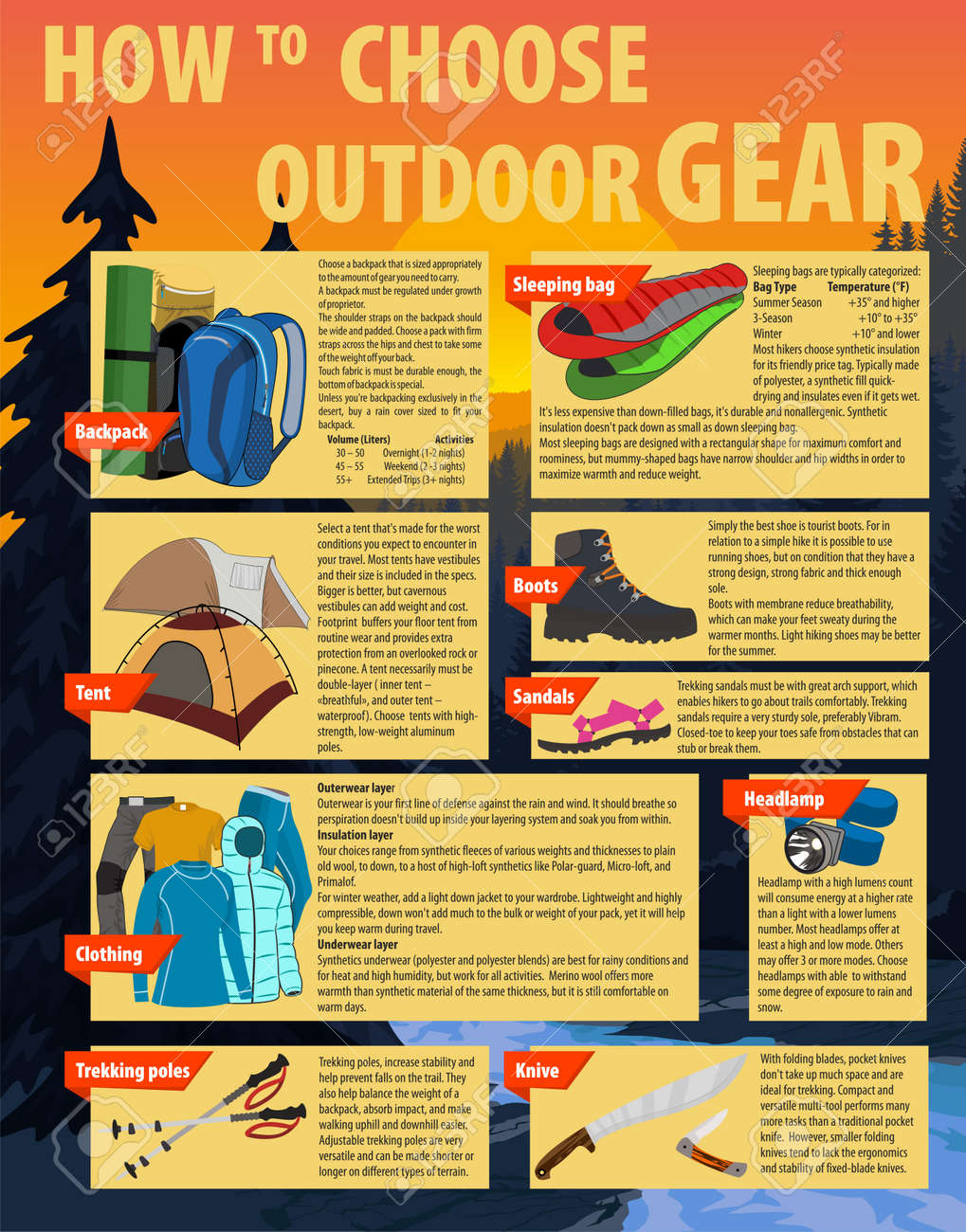From towering hills to tranquil forests, the outdoors has an envigorating allure. Immersing oneself in nature promotes psychological wellness, boosts cognitive development, and enhances fitness.
Are campgrounds a good investment?
Are canvas tents worth the money?
Exploring the open airs can be an adventurous experience that pushes borders. Nevertheless, it is essential to remain conscious of one's surroundings and regard the atmosphere.
Journaling in the Wilderness
In the wild, kids are natural travelers. They use every one of their senses to observe the globe around them, touch what they can reach, and scent and taste when they're permitted to. They run and jump and climb up, and discover as they go.
As they explore the hills and valleys of Plumas County's Upper Plume River Watershed, children in our Outdoor Core program bring a simple yet transformative tool: their nature journal. Each page ends up being a window right into their weekly experiences.
Numerous OE programs urge or require students to write in journals as a way of handling experience and establishing deeper understandings (Bennion & Olsen, 2002; Gregg, 2009). Journaling is an essential learning approach for several factors. It promotes self-awareness, boosts confidence in technical exterior skills, and promotes the advancement of connections with the outdoors.
Foraging
The process of gathering wild edibles is a great way to get in touch with nature and include more selection to camp meals. This skill is crucial in a survival circumstance, as it can help you minimize grocery costs and build up your food bank.
Foragers ought to constantly be aware of the area they are gathering in and any foraging guidelines that might exist. They ought to also leave a few of the plants for wildlife, as they commonly depend on wild edibles for survival.
Fortunately, there are numerous conveniently recognizable wild foods that can be found in all areas of the United States. Whittaker's menu consists of seasonal, foraged creations like conifer gnocchi, which murmurs of eucalyptus and citrus, and nettle risotto that sings with an eco-friendly vegetal hit.
Blog writing
In a time of increased anxiety degrees as a result of political unrest, economic instability and environmental worries, outdoor expedition can help people feel calmer and grounded. As a result, the summer solstice offers an ideal time to trek and check out new routes with good friends or family members to make memories that will certainly last a lifetime.
Social movements like Unlikely Hikers, Afro Outdoors, Latino Outdoors, Body Inclusive Hikers, Melanin Base Camp and handicap supporters are working to take down the stereotype that only a certain kind of person appreciates outdoor entertainment and supporter for accessibility and inclusion in public lands. Without equitable gain access to, people are less likely to be influenced to hang around outdoors, which can negatively impact health. Access to public lands includes access to mass transit, sufficient funding for devices and training, culturally proper signs, education and learning, understanding of wilderness security and advocacy for inclusion and variety.
Cooperation
Among the most awful fads in contemporary wild preservation is collaborations that include government agencies and massive, allegedly "conservation" groups. The collaboration vibrant legitimizes the sight that mechanical off-road entertainment (including mountain bikes, dirt bicycle riders and all-terrain vehicles, snow sleds and logging) is an appropriate use of roadless public lands. This approach treats wildlands as little bit greater than a pie for self-interested user groups and overlooks the inherent worth of wildlife habitat in these high quality, low-elevation locations. Because of this, these collaboratives often result in watered down Wild propositions. This was the case with the Gallatin Forest Collaboration, or GFP.
Mentorship
Investing time into arising young preservation leaders enables us to find uniformity and options, bridge the generational gap, and create an intergenerational area committed to respectful stewardship of the land. We strive to cultivate a deep and respectful partnership between people and nature via multi-generational communication, education, and co-creation.
The workshop consists of immersive experience in core regimens such as wildlife monitoring, bird language, survival skills, herbal & medical plants, and understanding games. This training is open to moms and dads, kids, grandparents, caregivers, educators, permaculturists and other environmental instructors and biologists.
Returning student advisors supply current Blue Ridge pupils healthy and balanced student-mentor relationships and inspiration, while likewise modeling consistent initiative shop tents and adaptive psychological policy. We call this Prairie wolf Mentoring. This is a continuous strategy to developing healthy nature linked communities.
How much is a small tent?
